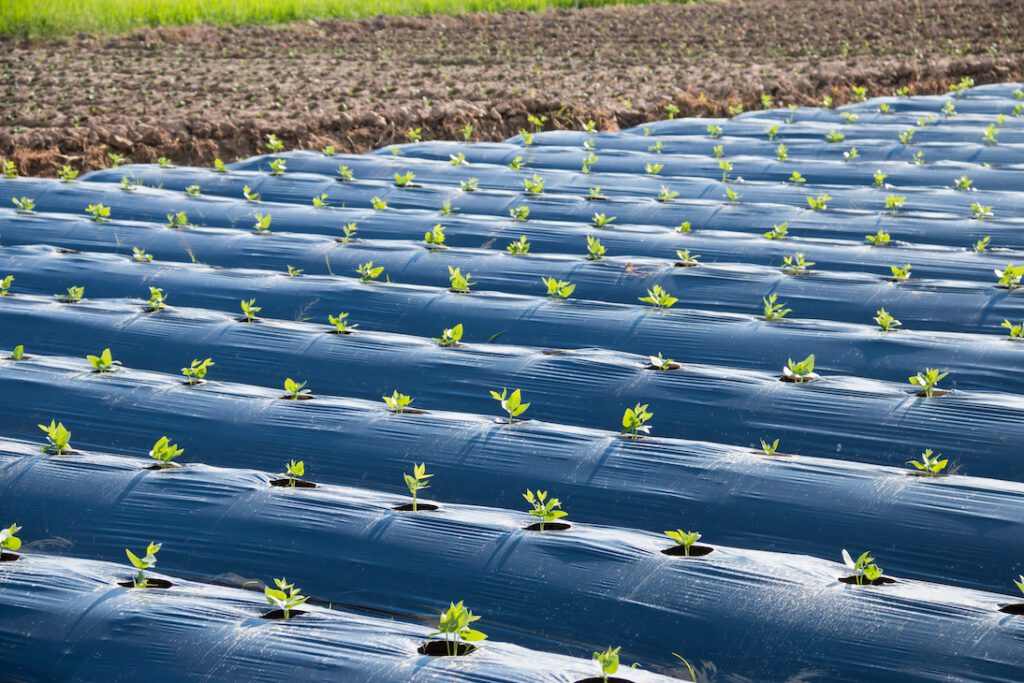Plastic pollution has become a pressing environmental issue globally, and Nigeria is no exception; little wonder the theme for the 50th and this year’s World Environment Day was focused on solutions to plastic pollution under the campaign #BeatPlasticPolution. The world keeps producing millions of plastics yearly, half of which according to research, can only be used once.
As the most populous country in Africa, Nigeria faces significant challenges in managing plastic waste, particularly in relation to agriculture. Plastic pollution poses a severe threat to agricultural practices, soil health, water resources, and overall food security and consequently human health and safety. However, by implementing innovative solutions that integrate agriculture and waste management, Nigeria can effectively combat plastic pollution while promoting sustainable agricultural practices.
In a country where the larger population consumes a lot of soft drinks and beverages, first of all; before the introduction and promotion of sustainable agricultural practices, there is a need to create awareness and educate people in order to have them won over for change in attitude, especially concerning plastic consumption and disposal. Raising awareness about the detrimental effects of plastic pollution on agriculture should be a priority. By implementing educational campaigns through the media and integrating environmental awareness into the school curriculum, Nigeria can empower its citizens, including farmers and agricultural workers, to make informed choices regarding plastic usage and disposal methods.
Furthermore, there is the critical need to establish an efficient and widespread plastic waste collection and recycling system in all the 36 states of the federation. Nigeria should invest in infrastructure for proper waste management, including designated collection points and recycling facilities for this is what is mostly lacking, presently. If this could be achieved, then the promotion of the establishment of recycling plants that convert plastic waste into valuable resources, such as plastic lumber or compost, can be encouraged to create economic opportunities while reducing the environmental impact.
On another hand, promoting organic farming and sustainable agricultural practices can contribute to minimising plastic pollution in Nigeria. By reducing or eliminating the use of synthetic fertilisers and pesticides, farmers can limit the need for plastic packaging and containers. Additionally, adopting conservation agriculture techniques, such as mulching and cover cropping, helps in reducing soil erosion and retaining moisture, thereby limiting the necessity for plastic-based irrigation systems. Encouraging the implementation of agroforestry practices and diversification of crops can also contribute to a healthier agricultural ecosystem by reducing reliance on plastic-intensive monoculture practices.
Finally, Nigerian governments should throw their weight behind support and incentives to be provided to encourage the use of biodegradable materials, such as plant-based plastics, paper, or natural fibers. Collaboration with researchers and the private sector can promote the development and availability of affordable and eco-friendly packaging options tailored to the agricultural sector’s needs. If all these are done, a sustainable and environment-friendly would be in place for the benefit of all.



